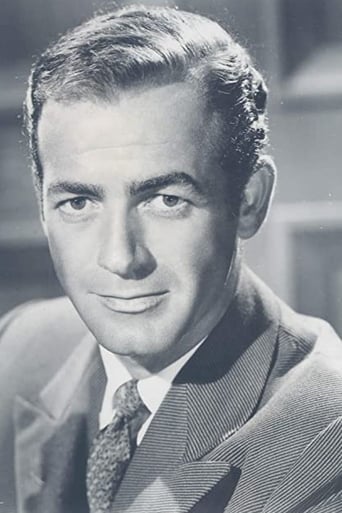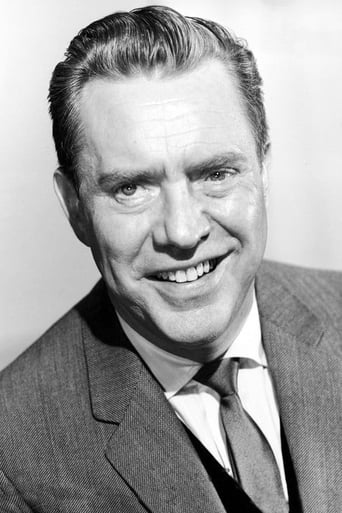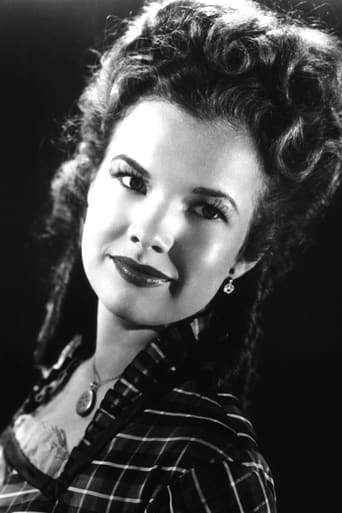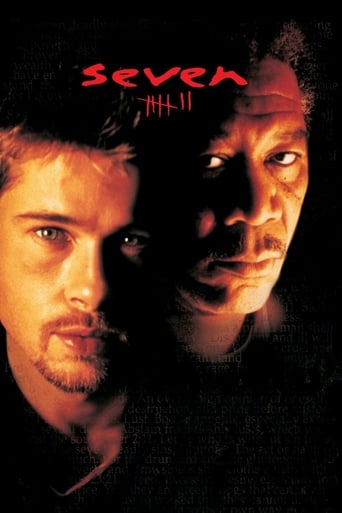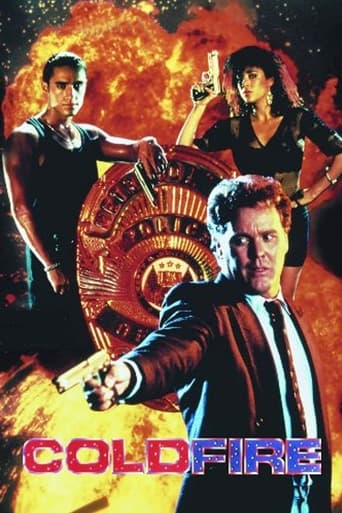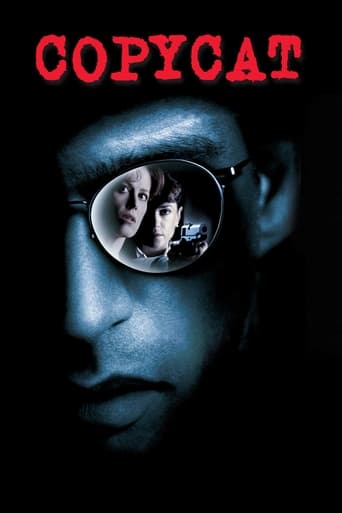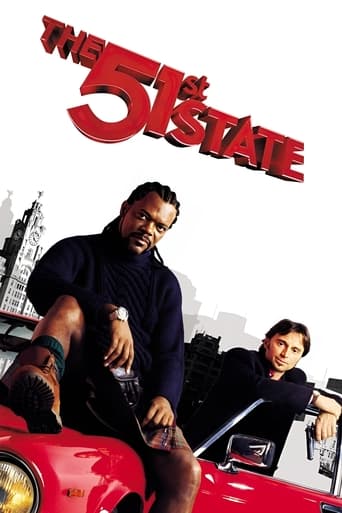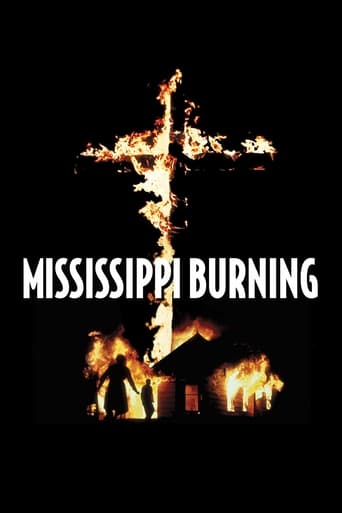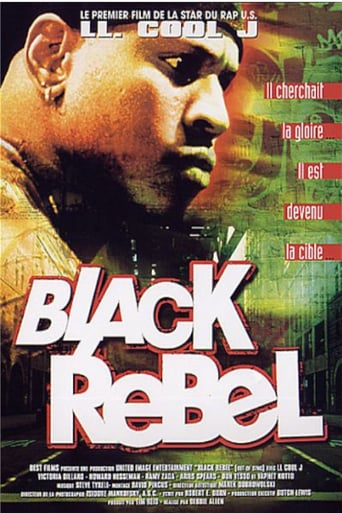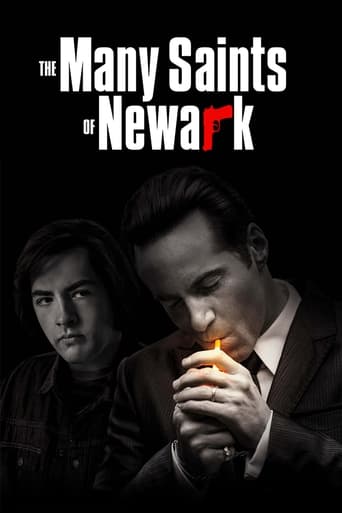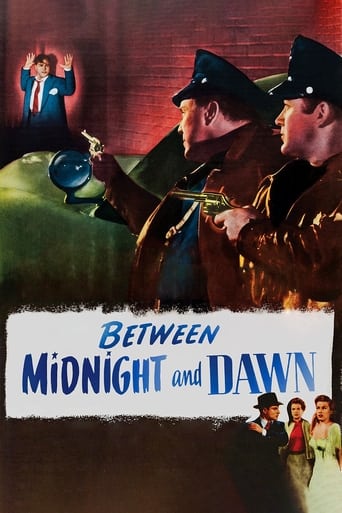
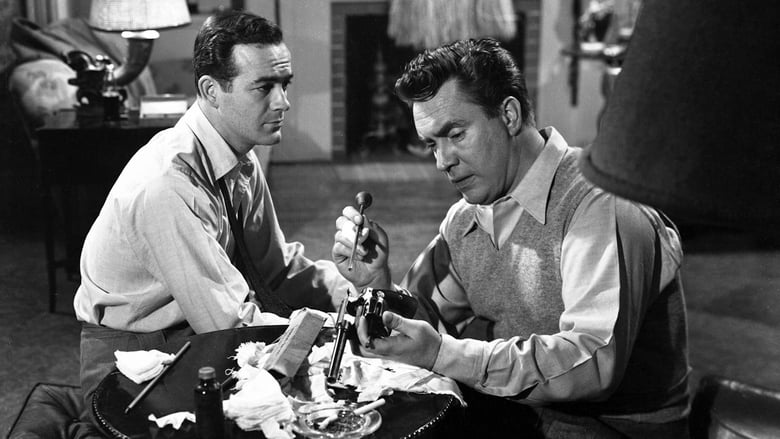
Between Midnight and Dawn (1950)
Rocky and Dan, war buddies, are prowl car cops on night duty. Dan is a cynic who views all lawbreakers as scum; Rocky feels more lenient. Both are attracted to the radio voice of communicator Kate Mallory; but in person, Kate proves reluctant to get involved with men who just might stop a bullet. By lucky chance, Rocky and Dan cause big trouble for murderous racketeer Ritchie Garris; but when he swears vengeance, Kate's fears may prove justified.
Watch Trailer
Cast


Similar titles
Reviews
Touches You
To me, this movie is perfection.
Memorable, crazy movie
Absolutely Fantastic
Most of us understand that when we watch an old movie, allowances must be made for the times in which it was produced. There are some people who refuse to do this. They will hold a movie made fifty years ago to the same standards we have today, being outraged when, for example, Walter Neff in "Double Indemnity" says he has a "colored woman" come in and clean his apartment once a week, as if he should have known to say "African American" in 1944 when the movie was made. On the other hand, there are times when even with the best will in the world, we find ourselves appalled at what we see or hear in an old movie, as is the case with "Between Midnight and Dawn."In a way, the sexism of this movie is the only thing remarkable about it. Otherwise, it is a routine story about a couple of cops taking on some mobsters, about which little needs to be said. And as for the sexism, I am not referring to the difference between the two cops regarding women who associate with hoodlums. Dan thinks they are no good and hates them, while Rocky believes that some of them are just frails, basically good girls who have been led astray. At the end of the movie, when a gangster's ex-girlfriend takes a bullet to keep Dan from being killed, he realizes he was wrong and that his deceased partner was right. That aspect of the movie was the best part.It is the interaction between the two cops and Kate, who works for the police as a radio communicator. When they finally meet her, both men take a fancy to her and ask her to go to dinner with both of them, which must have seemed just as odd when this movie was made in 1950 as it does today. She declines their invitation, saying she has to work late, but they keep pressuring her. What they are doing borders on sexual harassment by today's standards, but by old-movie standards, she is wrong-headed for not going out with them, and they are right to keep pushing her. It is all supposed to be cute, but it is a little cringe-worthy.But it gets worse. At the end of the evening, she tells them she has no intention of going out with either of them again, because she does not want to become involved with a policeman. Her father was a cop, and she saw how her mother worried he would be killed, and eventually he was. But her mother does not respect her opinion, and the two cops do not take "No" for an answer, so the mother rents the other half of the duplex she and Kate live in to the policemen, her mother's way of playing cupid. And as they move in, they purposely make lots of noise, singing and hammering, until Kate goes to see what is going on.I know that the scene is played for laughs, but not only did I not laugh, it was at this point that my ability to make allowances for old movies gave way to sheer revulsion. Could it really be that audiences in 1950 approved of this behavior on the part of the mother and the two cops, and thought that what they did was appropriate? In any event, as per the usual wrong-headed-woman trope, Kate finally falls in love with Rocky and agrees to marry him. Rocky is killed by a gangster later in the movie, but Kate tells her mother that even though her worst fears were realized, she was still wrong-headed about not wanting to date cops, because otherwise she might have met Rocky earlier, and they could have had a few years of being happily married anyway.Then, to really cap things off, when Dan admits he was wrong about the gangster's girlfriend at the end of the movie, Kate puts her arm through his and they walk off together, giving us just a hint that they might end up getting married eventually, which is pushing it, since Rocky was only recently killed.Well, enough of that. I said earlier that the outrageous sexism in this movie is the only notable thing about it. That is not quite true. Clint Eastwood once said that before Sergio Leone made "A Fistful of Dollars" (1964), movies never showed the person shooting and the person being shot in the same frame. He was wrong about that, there being several movies before 1964 in which shootings were filmed that way. This movie is one of them, there being two such scenes, one near the beginning and one near the end.
Between Midnight And Dawn refers to the graveyard shift that patrol car cops Edmond O'Brien and Mark Stevens are on where for some dead time a lot of action is happening. Most of it generated by a vicious local hood played by Donald Buka. O'Brien and Stevens really have it in for him, but that's nothing compared to how Buka feels about these two always cramping his style.When some out of towners try to muscle in on Buka's rackets that starts a gang war. Most gang bosses have people on the payroll to take care of the dirty work, but Buka likes to get in on the action himself. That proves to be his undoing.While all this is going on O'Brien and Stevens have a good natured rivalry for Gale Storm going on. Of course one of them does get her, but that's far from the whole story.O'Brien and Stevens are fine as the cops, but Donald Buka probably got his career role as the vicious hood who is their nemesis. Some kudos should also go to Gale Robbins as the nightclub singer who is Buka's girlfriend. She finds out too late what a bad taste in men she has.Between Midnight And Dawn is one good cop drama from Columbia Pictures that still holds up well for today.
***SPOILERS*** One of the first films that depicts police partners has squad car Officers Rocky Barnes & Dan Purvis, Mark Stevens & Edmond O'Brian,and the problems that's involved in their both private and professional lives. The movie also has the cute and talented singer, even though she doesn't sing a note throughout the entire film, a pre-"My Little Margie" Gale Storm as police dispatcher Kate Mallory who's dad a police officer was killed in the line of duty five years ago. It's Kate who gets between the two police partners and eventually ends up marrying one of them.It's both Barnes & Purvis' attempts to put part-time night club manager Ritchie Garris,Donald Buka,behind bars that in the end turns out to be deadly for them. In the two not realizing what a outright and maniacal psycho the guy really is. It in fact was out of town hood Leo Cusick, Ronald Winters, who set the deranged Garris off by muscling into his territory that started an all out gang war with Cusick ending up getting the worst of it.Captured in a wild car chase by both Barnes & Purvis Garris is convicted and given the death penalty for the murder of Leo Cusick but as we soon see that he has other plans. Escaping from the prison infirmary Garris sets his sights, or gun sights, on both Barnes & Purvis who had him put away. Gunning down Barnes who had since married Kate Mallory Garris ends up hold up in his girlfriend nightclub singer Terry Romaine's, Gale Robbins, apartment together with the supernatant's 9 year old daughter Kathy, Lora Lee Michael, held as a hostage.**SPOILERS*** Adrenaline driven final sequence with Purvis busting into Terry's fifth floor apartment. from the window ledge, with a teargas canister and having it out with the by now totally crazed and murderous Ritchie Garris. It was in fact Terry whom Purvis slapped around earlier in the film who ended up saving his neck by taking not one but three slugs meant for him by Garris. As for Garris he ends up getting blasted by Purvis and ironically as he falls down a flight of stairs he leaves his hand print on the wall covered with blood! That obviously meant to be, by the films director, all the blood that Garris had on his hands in the life of crime that he lead.P.S Actor Donald Buka as the psychotic hood Ritchie Garris made a name for himself two years earlier as the snarling knife wielding psycho Shivvy in the movie "The Street with no Name" which incidentally also starred Mark Stevens as an undercover FBI Agent.
Make no mistake. Gordon Douglas staged splendid action scenes, and this film, like many he made in this period, are well worth watching. (My favorite is THEM, where the build-up to the appearance of the title menace is so good, taut, and believable that you simply accept the implausible when it appears.) But, it's stretching a point to call BETWEEN MIDNIGHT AND DAWN a noir classic. It's really much more a police procedural (and I agree, no doubt an influential one) than a noir, even with the O'Brien character's bitterness and the iciness of the sociopathic heavy. And, while it's good of its kind and budget level, with some striking action set pieces, it's really no better than that.The problem is that the Stevens and O'Brien cops, while extremely likable, are, despite the edgy shading given O'Brien, simply too good and heroic to be memorable noir icons. They're straight-shooting, professional cops--as is the entire force from the top down, and, as a result, never really become more than simple heroes. The Stevens' character's shooting is staged with brutal swiftness, and is a stunner, but his deathbed scene seems present only to motivate the cold-blooded (and, frankly, extremely improbable) lone-wolf heroics of O'Brien. And the villain Garris is a chilling hood and nothing more. His execution at the climax resolves matters effectively, but Garris' demise lacks the feral poetry that makes, say, Cody Jarrett's end in WHITE HEAT the noir classic it is.That's what BETWEEN MIDNIGHT AND DAWN is missing, as a supposed noir. Compare it to two other celebrated noirish police procedurals of the period--HE WALKED BY NIGHT and ON DANGEROUS GROUND, and you'll see, I hope, what I mean. HE WALKED BY NIGHT was, in many ways, even more influential a police procedural than Douglas' film. Two things make it stick in the memory long after viewing, even to the point of haunting dreams. The first is the evocative shadowy camera-work of John Alton, combined with stunning locations like the LA sewers, to make the dogged police pursuit of their prey truly suspenseful. Maybe more important is the effort to make Richard Basehart's hi-tech thief more than just a stock villain: oh, he's a violent sociopath, yes, but he's also clearly smart, painfully alienated, and someone you can imagine making something of his life under other circumstances. One respects the cops for their efforts in this film, but one isn't expected to simply cheer them on, as I think was intended in the Douglas film. The climax of HE WALKED BY NIGHT was a tragedy. One can't say that for BETWEEN MIDNIGHT AND DAWN.ON DANGEROUS GROUND takes an element of BETWEEN MIDNIGHT AND DAWN--a good cop gone to bitterness and violence from the job--and presents his redemption in a manner so remarkably poetic and memorable that it clearly demonstrates the difference between a true noir classic and a solid but unremarkable programmer. This Nicholas Ray movie--both in storyline and visuals (via George Diskant, who also shot the Douglas film)--takes great pains to present a world not of mere good cops and evil criminals, but characters on both sides of the law who share human tendencies for good and ill. Robert Ryan's cop is so obsessed with doing his job that he's become nigh psychopathic. He literally must be taken out of his familiar, suffocating haunts, and made to face the extent of his dehumanization. That this happens while he's pursuing the perpetrator of a horrific murder is but one of the resonant ironies that makes Ray's film linger in the mind and heart.In short, real noir is poetic...and BETWEEN MIDNIGHT AND DAWN, good that it may be, simply lacks the poetry of a true classic...


